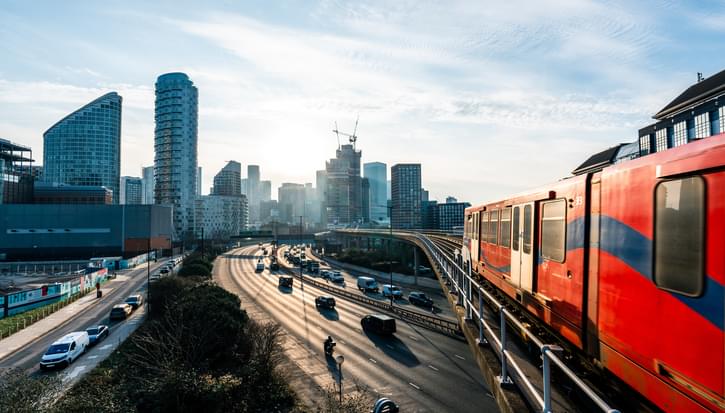Flexibility For Who? Millennials and mental health in the modern labour market
Article
As a result of the evolution of the UK labour market over the past 25 years, today’s generation of younger workers - millennials and centennials (those born during or after 1982) – risk losing out on access to permanent, secure and fulfilling work. Compared to previous generations, they are more likely to be in work characterised by contractual flexibility (including part-time work, temporary work and self-employment). Relatedly, they are also more likely to be underemployed (and so be working fewer hours than they would like) and/or overqualified (being a graduate in a non-professional or managerial job).
For some young people in part-time or temporary work (particularly where this involves being underemployed and/or overqualified), their experiences of work may be putting their mental health and wellbeing at greater risk.
New analysis reveals younger workers in part-time and temporary work are more likely to experience poorer mental health and wellbeing, while there is more of a mixed picture among those who are self-employed. Similarly, younger workers who are underemployed or overqualified also experience worse mental health. This is likely to be explained – in part, but not entirely – by part-time and temporary work being linked to low pay and insecurity.
Related items

Planes, trains and automobiles: How green transport can drive manufacturing growth in the UK
Transport is essential to our lives. Unfortunately, it is currently also the largest source of UK domestic carbon emissions.
Regional economies: The role of industrial strategy as a pathway to greener growth
Regions like the North should have a key role to play in the development of a green industrial strategy.
Achieving the 2030 child poverty target: The distance left to travel
On 27 March, the Scottish government will announce whether Scotland’s 2023 child poverty target – no more than 18 per cent of children in poverty – was achieved.